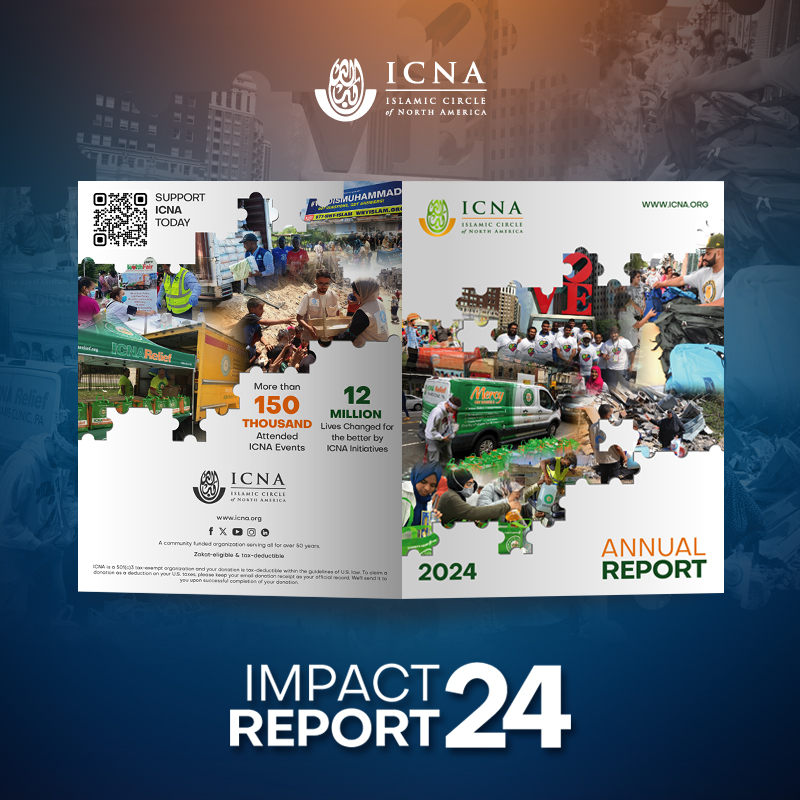The Qur’an: A Literary Masterpiece That Transcends Generations
The Qur’an, the holy book of Islam, is widely regarded as a literary masterpiece. Its profound impact on Arabic literature, its eloquence, and the timeless message it conveys have captivated both scholars and believers for centuries. The Qur’an’s literary miracles extend beyond its religious significance, enticing readers of diverse backgrounds with its linguistic brilliance and rhetorical power. In this article, we will explore some of the remarkable features of the Qur’an’s literature, shedding light on its unique qualities that attest to its divine origin.
Linguistic Excellence
The Qur’an was revealed in the Arabic language, and it showcases unparalleled linguistic excellence. The book’s language is pristine, with a flawless blend of eloquence, rhythm, and precision. Despite being revealed more than 1400 years ago, the Qur’an’s linguistic beauty remains unmatched. Its expressive metaphors, captivating narratives, and compelling arguments demonstrate the ingenuity of its composition, leaving a lasting impact on those who delve into its verses.
For instance, Quran 54: 1-5 with their rhythmic structure and poetic eloquence, illustrate the Qur’an’s linguistic excellence. Verses 1-5 describe the event of the splitting of the moon, using concise and powerful language that evokes a sense of awe and wonder.
Linguistic Miracles
One of the Qur’an’s remarkable literary miracles lies in its linguistic structures and patterns. From intricate rhetorical devices to mathematical phenomena, the Qur’an displays an array of linguistic marvels. One such example is the frequent use of symmetric and balanced sentences, demonstrating a precise balance in word count and rhythmic arrangement. This structural consistency adds to the Qur’an’s aesthetic appeal and reinforces its divine nature.
Chapter 55, named The Most Gracious (Al-Rahman) showcases the Qur’an’s linguistic miracles. The chapter repeatedly poses the rhetorical question, “So, which of the favors of your Lord would you deny?” This refrain creates a rhythmic pattern that emphasizes gratitude and reflection, leaving a profound impact on the reader.
Eloquence and Sublimity
The Qur’an’s eloquence transcends conventional human composition. Its verses possess an inherent power to stir emotions, inspire contemplation, and challenge intellect. The language flows effortlessly, captivating the reader with its profound depth. The Qur’an’s ability to evoke strong emotions and to instill tranquility in the hearts of its readers is a testament to its profound impact.
Chapter 1, also known as The Opening, represents the eloquence and sublimity of the Qur’an. It is a concise chapter of seven verses, yet its words carry immense weight, expressing the believer’s plea for guidance and the recognition of Allah’s sovereignty.
Vivid Imagery and Parables
The Qur’an employs vivid imagery and parables to convey its messages effectively. It employs metaphorical language to paint vivid pictures in the minds of its readers, enabling them to visualize concepts and moral lessons. These literary devices enhance comprehension and create a lasting impact, fostering a deeper understanding of the Qur’an’s teachings.
Chapter 16 named The Bees gives the parable of the bee and illustrates the Qur’an’s use of vivid imagery. The chapter describes the bee’s meticulous gathering of nectar and the production of honey, drawing a parallel to the order and purpose in the universe, thereby inviting reflection on Allah’s wisdom and creation.
Cohesion and Thematic Unity
Despite being revealed over a period of 23 years and covering various subjects, the Qur’an exhibits remarkable thematic unity. Its verses seamlessly interconnect, forming a cohesive narrative that addresses diverse topics such as theology, morality, history, and guidance for personal conduct. The coherent structure of the Qur’an testifies to its divine authorship, as the intricate interplay of themes and ideas could not have been achieved through human endeavor alone.
The second chapter of the Quran is the longest chapter in the Quran. Despite its length, it exemplifies the Qur’an’s thematic unity. It covers a range of subjects, including faith, law, and guidance for the community, while maintaining a consistent narrative thread that emphasizes the importance of obedience, justice, and righteousness.
Qur’an’s Unique Qualities: A Divine Testament
The literary miracles of the Qur’an stand as a testament to its divine origin. Its linguistic excellence, eloquence, vivid imagery, and thematic unity all combine to create a profound impact on readers. The Qur’an’s timeless literature transcends cultural and linguistic barriers, captivating hearts and minds across generations. Its unique qualities continue to inspire, offering guidance and solace to those who seek truth. As we delve into the literary miracles of the Qur’an, we are reminded of its divine message and the endless wonders it holds for those who explore its pages.





